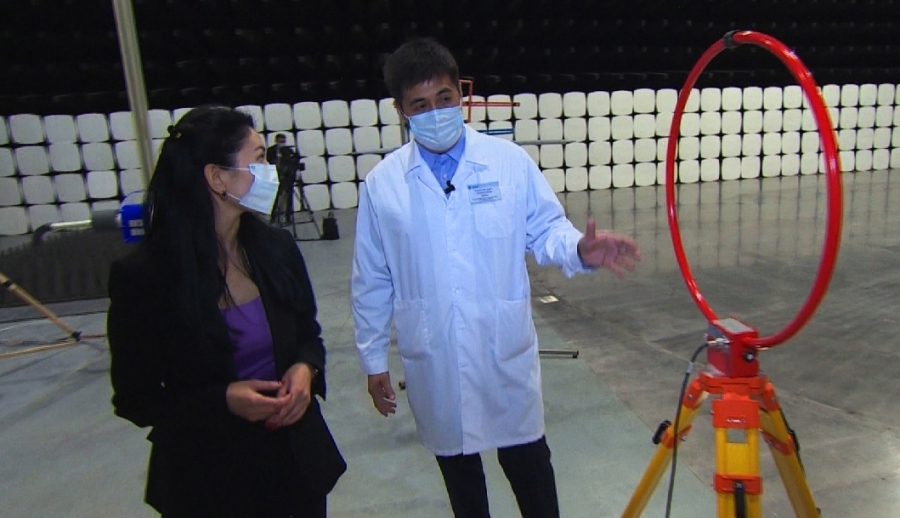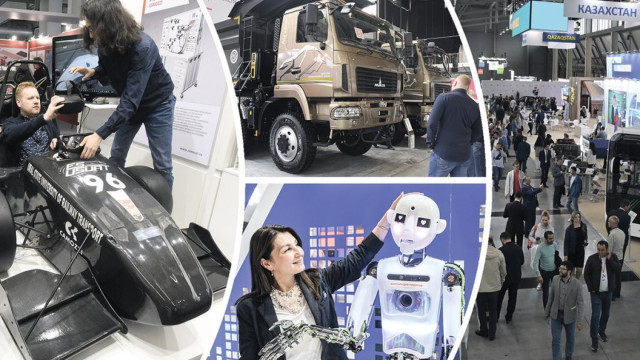Science and business integration
15 projects of research institutes and universities were presented in Astana. The event, organized at the initiative of the Kazakh Ministry of Science and Higher Education, the Science Fund, and the Atameken National Chamber of Entrepreneurs, brought together not only scientists, but also potential investors. What projects are domestic developers planning to commercialize? Find out from the news report of my colleagues.
The research on the given project started back in 2007 in New Zealand. Later on, the scientist Prashant Jamwal got the opportunity to implement his idea in Kazakhstan together with the Nazarbayev University students. Their project introduces a neural interface program, which involves using a mind-controlled exoskeleton. In other words, the device reads brain signals and helps stroke patients undergo rehabilitation.
“We have developed a robotic system to help disable people, who have these disabilities from disorders or injuries. We will try to help Kazakhstan’s medical industry with such kind of medical system. The system that we have made has more flexibility. This is improved system, which we currently use in Kazakhstan,” said Prashant Jamwal, Professor at Nazarbayev University.
The event was also attended by other representatives of science who arrived in search of business partners. Their proposals cover various areas, including medicine, agriculture and the IT sphere. The task of each of them is to convey to potential investors the commercial value of their scientific innovation.
“Overall, we have selected 15 best projects out of 50 submitted ones. So, we started the selection process in September, during which we held online pitch sessions and engaged business coaches. And, as a result, we picked the projects that met our requirements and the commercial attractiveness criteria. We also invited business coaches to assist our scientists in developing a business model, calculating the financial model, and conducting marketing research,” noted Kurmangazy Omarov, spokesperson for the Science Fund.
Scientists can receive up to 300 million tenge for the implementation of their projects. The grant funding competition for scientific developments starts in the near future. This time the total budget will comprise over 17 billion tenge. Thus, about 100 projects of scientists can receive state support. However, this year the competition introduced a new condition, namely that at least 20 percent of the total project cost must be co-financed by a business partner.









